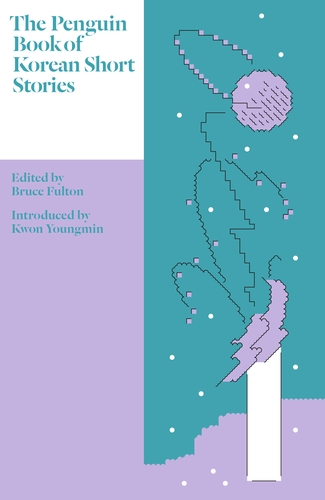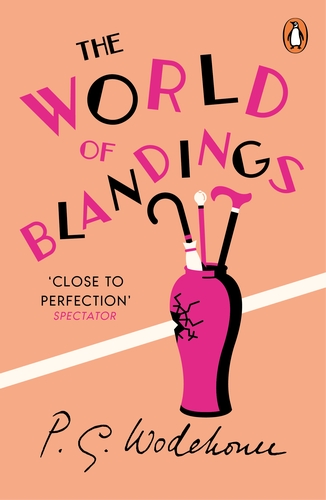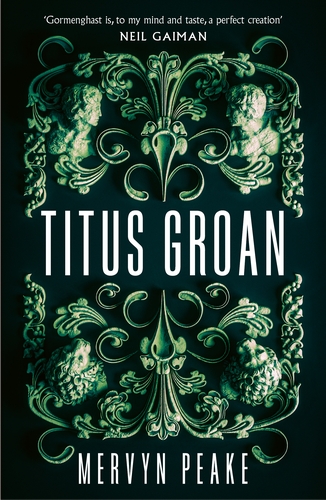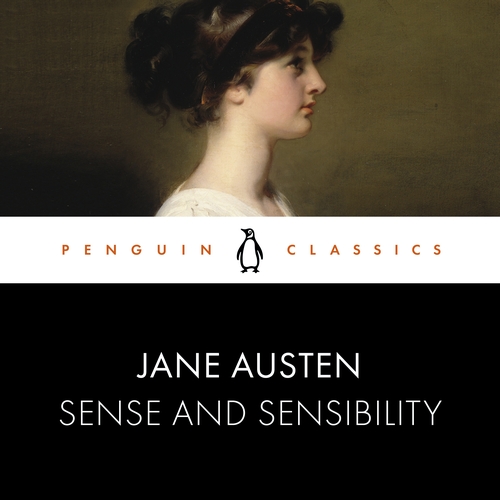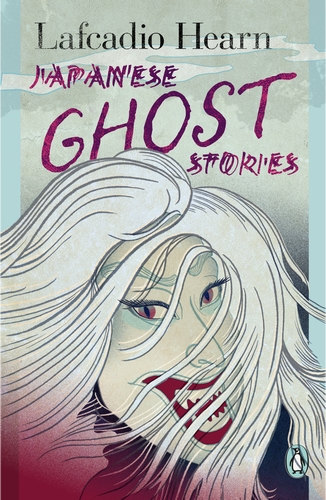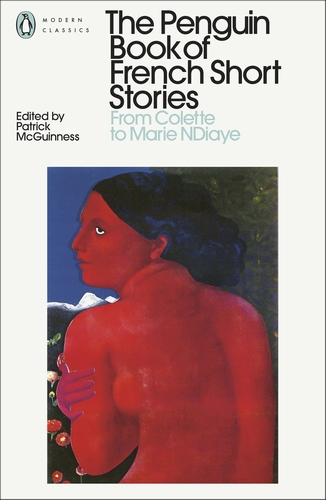Author:Jude Cook

It’s 24 December, 1999. Byron Easy, a poverty-stricken poet – half-cut and suicidal – sits on a stationary train at King’s Cross waiting to depart. In his lap is a bag containing his remaining worldly goods: an empty bottle of red wine, a few books, a handful of crumpled banknotes. He is on the run. Not from the usual writer's trouble – money trouble, soul trouble – but special trouble, of a type you may have problems identifying with at first.
As the journey commences, he conjures memories (painful and comic alike) of the recent past, of his roller-coaster London life, and of Mandy – his Amazonian wife – in an attempt to make sense of his terrible, and ordinary, predicament.
So what has led him to this point? Where are his friends, his family?What happened to his dreams? And what awaits him at the end of his odyssey north?
Byron Easy is an epic, baroque sprawling monster of a novel, and a unique portrait of love and marriage, of the flux of memory, and of England in the dying days of the twentieth century by a young British writer of exceptional promise.
There’s an addictive charm…that gives a potency to this ambitious tale.
—— John Sunyer , Financial TimesDaring, moving, imaginative and, above all, funny, this is a great debut from a promising novelist.
—— Sunday Mirror[A] beautifully written debut.
—— Irish ExaminerAn exuberant, stealthily shocking debut … razor sharp.
—— Daily MailFrom the start of his journey to the amazing ending of his saga we follow with awe and trepidation his moral life as all around him (almost) everyone else shows the human condition at its worst. If there is any literary justice this should sell by the bucket load. Hope it does and we hear again from this terrific first time novelist!
—— Guardian onlineJude Cook, the man behind the Byron, makes a serious impression with this exuberant, excessive, sharply-written debut.
—— HeraldCharming debut novel about a poet on the run from his wife, his life and another terrible - yet ordinary - predicament.
—— Observer[An] interesting read. The style is impressively both realistic and intelligent.
—— Wake the DeafEntertaining and rewarding
—— The Bookbag[There are] passages of real beauty and humour.
—— TLSA debut that stays on the tracks
—— i-IndependentSuperb collection of essays… Clever but satisfying, too
—— Lesley McDowell , Glasgow Sunday HeraldA funny and clever selection of essays
—— ObserverImpassioned and detailed studies offset with bagatelles
—— Stuart Kelly , GuardianWitty, astute and irreverent
—— James Urquhart , Financial TimesReading JM Coetzee is like swimming in a sea with a calm surface and a savage undertow. His sentences are lean; his subjects menacing: power, race, animal rights and confession
—— Intelligent LifeTormented states of mind, ambivalence and guilt stalk his work, as do the dual influences of Kafka and Beckett
—— Eileen Battersby , Irish TimesA retelling of the gospels? A fable about Utopian, Chaves-style socialism? Coeztee moves in mysterious, but mesmerising, ways
—— iThere are knotty concerns here on reading, on order and chaos, on political engagement, on almost anything you can think of. But, “you think too much,” Elena says to Simón. “This has nothing to do with thinking.”... What Coetzee has given us is a book not of answers but of questions... Coetzee’s prose is clean and efficient, driving the reader on through the mazy stasis of life in Novilla. There is plenty of what, to avoid a cliché, we might call Kafkaish stuff... These qualities, combined with the enjoyable and unaccustomed exercise of thinking about the book – wanting to think about it – all the way through, meant that in a strange sense, The Childhood of Jesus is the most fun I’ve had with a novel in ages
—— The AsylumThere aren’t many subjects bigger than the question of faith – and with The Childhood of Jesus, Coetzee appears to have found a subject worthy of his high-level craftsmanship
—— Nadine O'Regan , Sunday Business PostAn intellectual adventure
—— Shanice McBean , Socialist ReviewA perversely comic, intellectually profound and obscurely allegorical novel
—— Vivek Santayana , Edinburgh JournalWith elegant ease, Jones spins a good old-fashioned comedy of manners
—— Katie Owen , Sunday Telegraph
